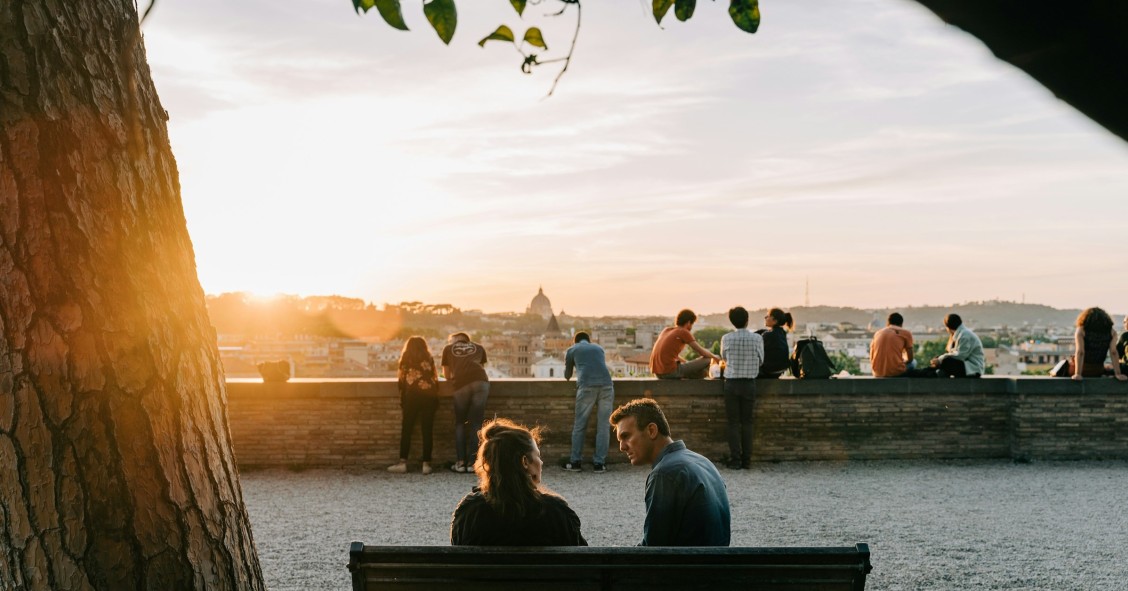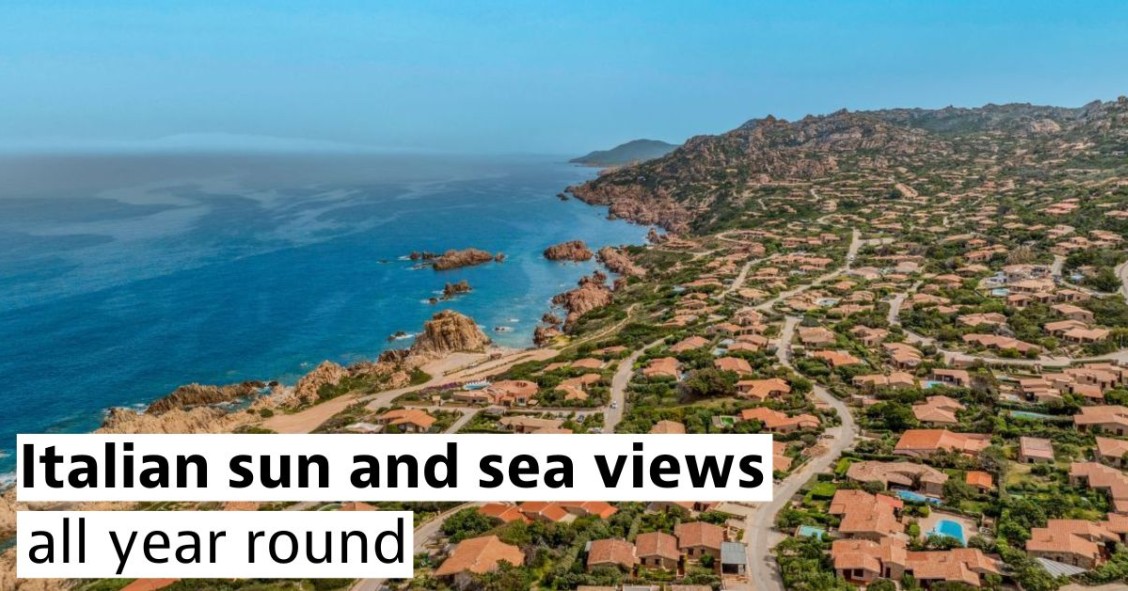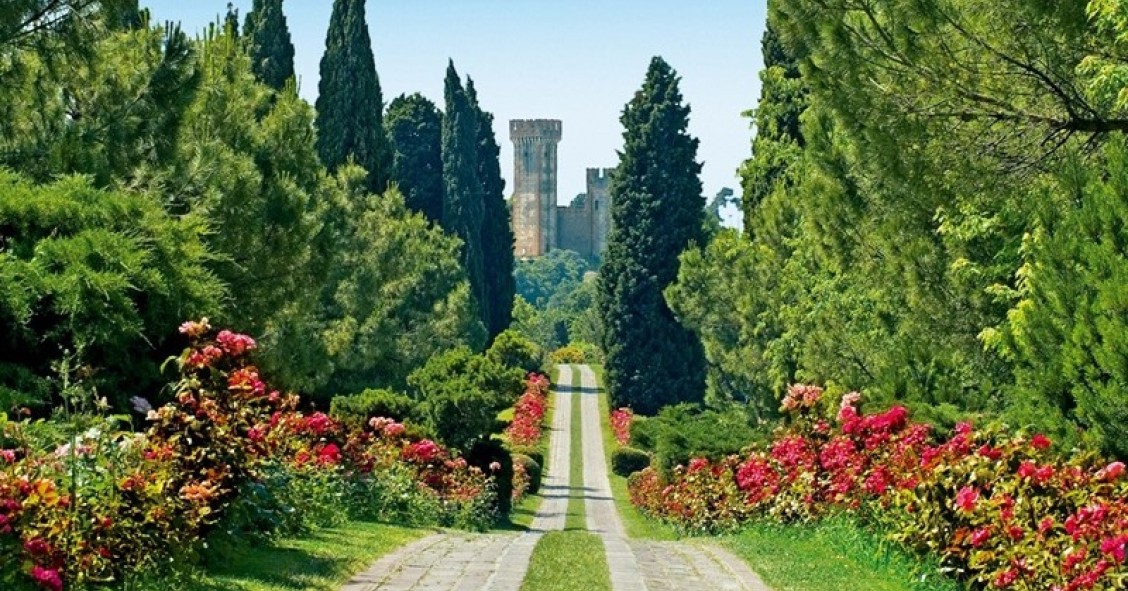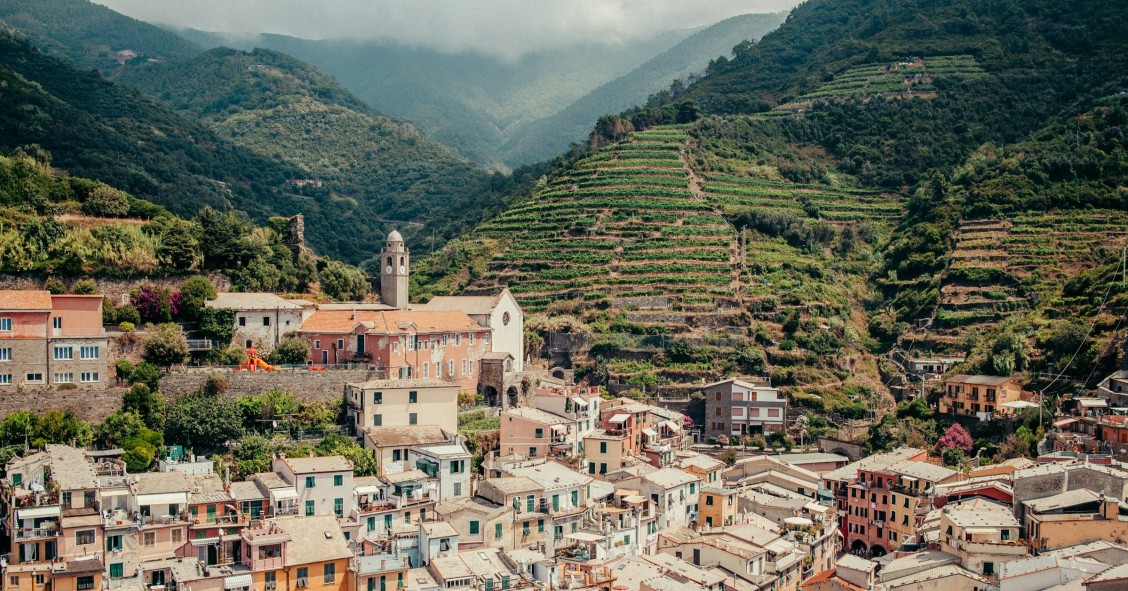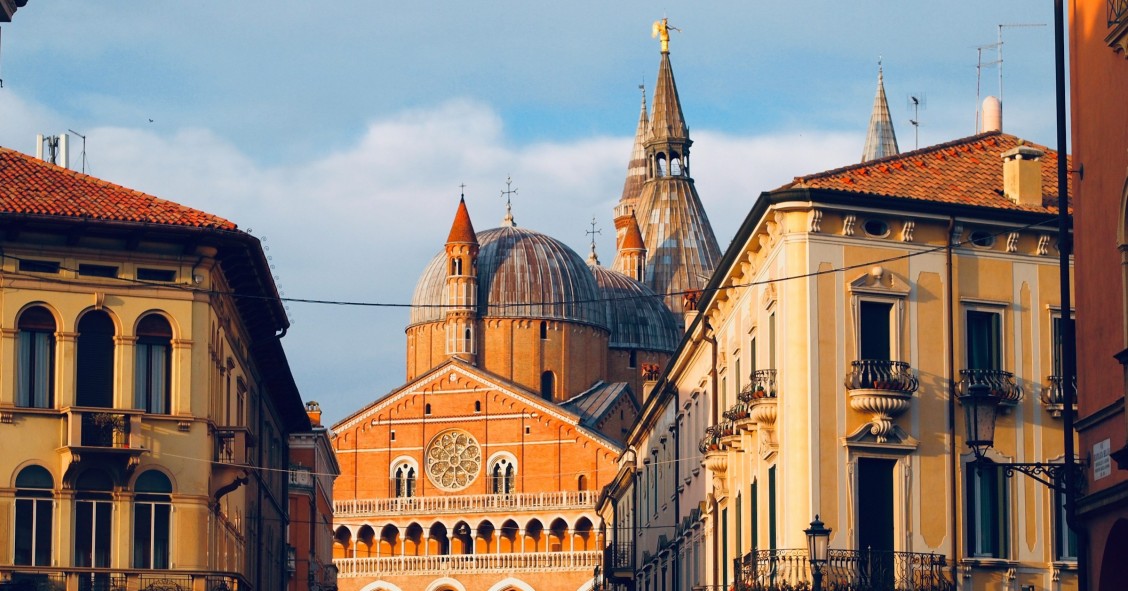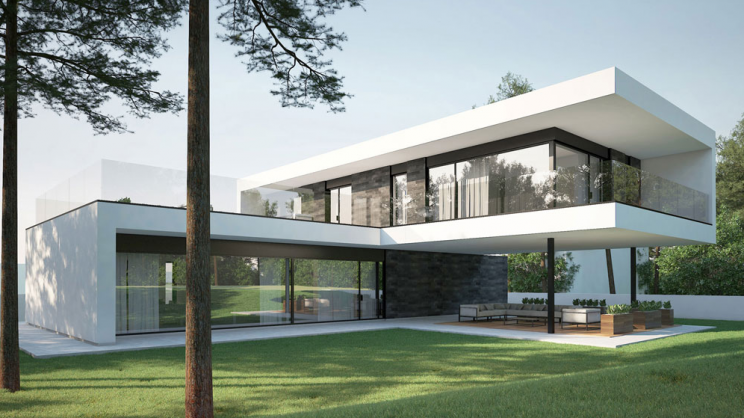
The crisis generated by COVID-19 is affecting the real estate sector. More often that not, we analyse the trend of real estate prices, but there is another area that is carving out an increasingly important part in the market. With the help of two of the most important companies in modular construction in Italy, let's have a look at the current situation to understand the effects of the coronavirus on prefabricated houses.
Wolf Haus and Dhw System are among the leading manufacturers of prefabricated houses in Italy, respectively of modular structures in wood and steel. For both of them, the coronavirus emergency and the resulting lockdown could represent an opportunity to turn the spotlight on the strengths of these houses: interior comfort, a greater sense of wellbeing, energy efficiency (and therefore tax incentives with the 110% ecobonus).
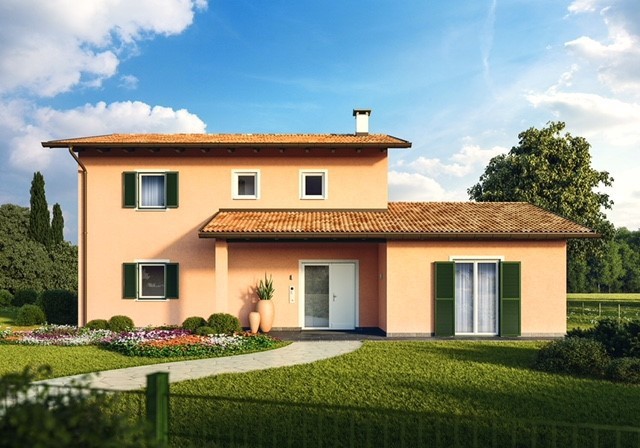
The impact of COVID-19 on the market
For Roberto Marzano, Administrator of Dhw System, the emergency due to the coronavirus has helped to give a boost to the modular construction sector: "We have seen an increase in requests for information, not only since 4th May, but also during the lockdown period. In addition, other customers have come back to us right now after requesting a quote several months ago.
Marzano has a clear idea of why this increase in interest is happening: "The lockdown didn't bring any specific problems for many, but I think it was an opportunity to reflect on housing choices, a time to make more informed comparisons. We were faced with unexpected data, 30% more than a year ago".
Vanni Bottaro, Commercial Director of Wolf Haus Italia, is more cautious: "It's still a little too early to draw up a definitive assessment: we will understand in the coming months the real consequences of what has happened, also at the level of the trade association. As far as our direct view of the market is concerned, we have obviously had an important slowdown in terms of sales during the months of March and April, but this is mainly due to psychological issues linked to uncertainty about the future, which has led most customers to delay the conclusion of contracts".
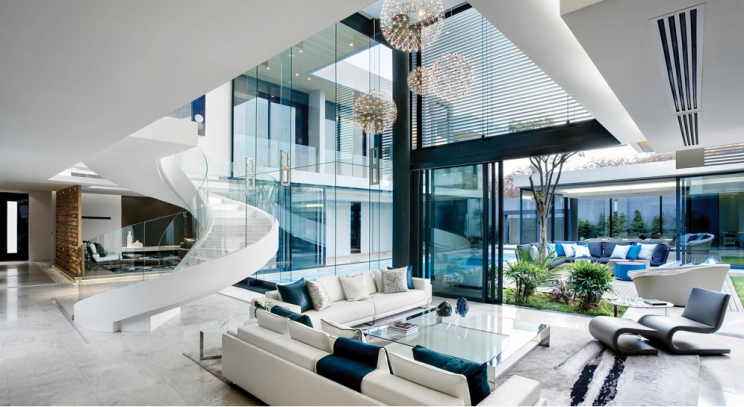
However, Bottaro also emphasises that,"interest has never been lacking, so the demand in terms of incoming quotes has decreased by 14% compared to the first 4 months of 2019, which I would say absolutely acceptable given the exceptional nature of the pandemic event. But since the middle of May we have been back to pre-COVID levels".
The added values of a prefabricated house
Staying locked in the house during lockdown has undeniably led to a reconsideration of the priorities and needs of domestic spaces. So much so that, according to Vanni Bottaro of Wolf Haus: "Without a doubt, the fact of having to remain closed in our houses to perform various functions at the same time, which usually take place in other areas, has made us more aware of the importance not only of domestic spaces, but also of their quality. I am referring to indoor comfort, both bioclimatic and acoustic, but also to the healthiness of the air we breathe inside our houses".

Roberto Marzano of Dhw System also emphasises this concept: "Many people who were planning an investment in a traditional building have begun to consider options that would guarantee a healthier home environment, perhaps in a house shielded from magnetic waves or smog, which could even be zero impact".
But it's not just the customers' habits that are changing, Marzano explains: "At Dhw System we are studying a system to sanitise environments with controlled mechanical ventilation in the prefabricated houses we build. People have now reached a high level of awareness of certain safety and eco-sustainability issues and we need to be able to meet more demanding standards, we are also focusing on passive buildings that will be increasingly in demand".
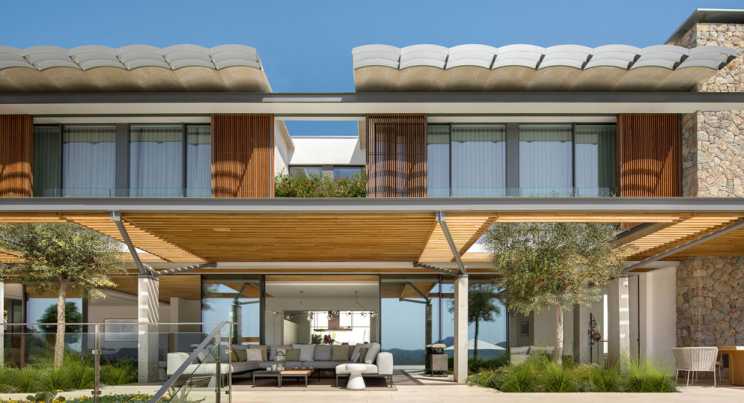
Future scenarios
As for the growth margins of the prefabricated housing market, Vanni Bottaro, commercial director of Wolf Haus, has very little doubt: "I expect an increase, especially in light of the new housing needs that the lockdown period has brought out. I believe that some priorities in life choices will change and certainly the house we live in is one of them. Aiming to have a healthy, safe, earthquake-proof and comfortable home will no longer only satisfy a primary need, but also a lifestyle need".
But that's not all, because these aspects must be added to the further advantages that a prefabricated house is able to guarantee, Bottaro specifies: "reduced construction times, budget certainty, real guarantee of construction quality, energy saving, eco-sustainability and increased value over time".
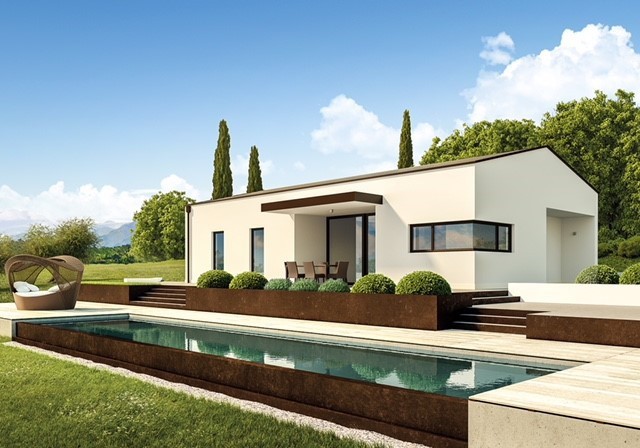
According to the commercial director of Wolf Haus Italia, the theme of energy and eco-sustainability will be a determining factor: "My prediction is that the market, in the short term, will continue the growth trend, also taking advantage of the opportunities of tax deductions that the Government has just issued with the 110% Ecobonus included in the country's Relaunch Decree. With the exception of prestigious or historic buildings, if you want to achieve significant results in terms of energy efficiency and earthquake resistance, the most effective way is to demolish and rebuild the property, with time and costs not only reduced (with equal performance), but above all guaranteed".
Roberto Marzano of Dhw System shares this point of view: "From the market analysis we do, we have been seeing a continuous increase in the last 4-5 years of interest through contacts made online. I believe that the future of the market is represented by prefabrication and buildings able to achieve energy performance that can meet high standards of efficiency, so much so that within 10 years, such prefab buildings will be the prevailing production systems on the market".
